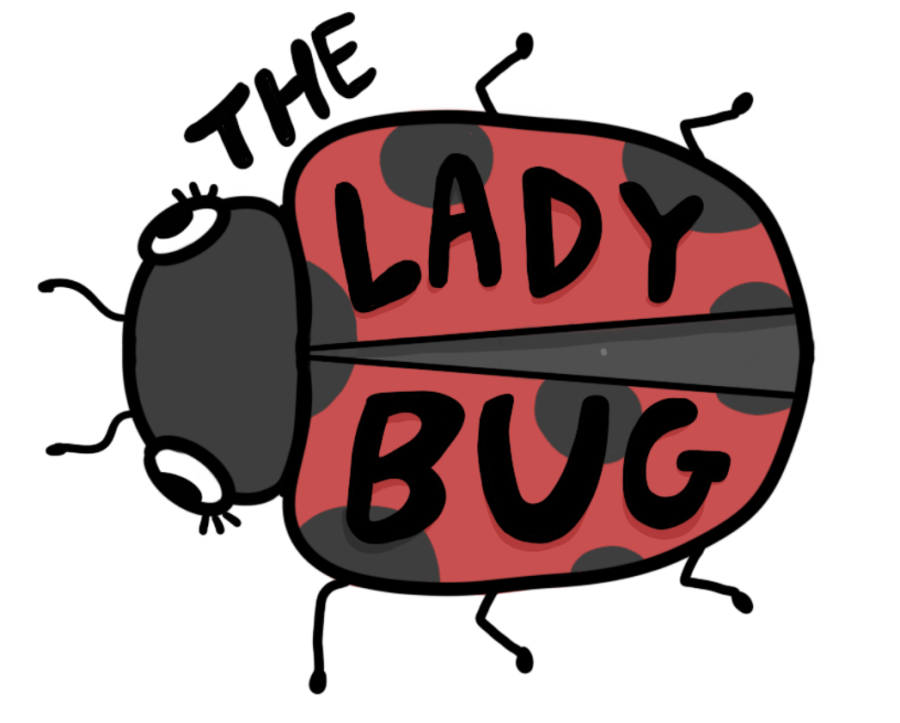I had an interest in watching and reviewing the new movie about Chinese adoptees called “Joy Ride.” The film stars Ashley Park, Stephanie Hsu and Sabrina Wu alongside many other known Asian American actors. There has been a rise in Asian American representation in films and TV shows, so when the trailer for this movie was released, I was excited to see if it finally brought representation to Chinese adoptees.
Upon a little pre-watch research, I learned that none of the actors were adopted in real life — which is disappointing since there was a real opportunity for some adoptee representation. In fact, an article by Nicole Hoffman on the portrayal of adoptees in film and television notes that not one of the writers, directors, actors or anyone who worked on the project are adopted, but simply drew from things their adoptee friends said.
The movie has received a lot of backlash from the Chinese adoptee community who have similar complaints. I wonder why someone without an authentic perspective of a Chinese adoptee would create a movie about the experience
A quote from that same article says that the film producer based “a lot of the movie on aspects of our own lives,” but since they aren’t adopted, I am left to feel confused about the authenticity of the film’s portrayal of Chinese adoptees. Don’t get me wrong — while I appreciate the visibility of Asians in film, and I love Ashley Park, I feel insulted that my authentic identity of a Chinese adoptee was used for an unauthentic plotline and further exploited for views. Yes, while it is a starting point in adoptee visibility, I hope that, eventually, adoptee actors will play adoptee characters.
After watching the movie, it wasn’t all as bad as I thought it would be. There were parts when I was confused where the plot was going, but I liked the development of Audrey’s search for her biological mother. I got a bit annoyed with some of the characters in the beginning, but they grew on me. However, I did not like the ending. It made the entire movie seem random and cheesy and almost took away meaning from the heartfelt scenes.
There were parts of the story that resonated with me. Being called “basically white” is also very accurate to my reality since I don’t have a lick of Chinese culture ingrained in me. The scattered microaggressions depicted throughout the entire movie were very on point as an Asian person. I can also relate to the main character Audrey’s attitude when it comes to finding her birth mother. When she was younger, she had a plan to find her birth mom, but now that she is older, she no longer has an interest. Due to plot points, she must find her birth mom to save her business deal. When she goes to the adoption agency, they tell her that her birth mother isn’t Chinese, but Korean. This is a major surprise and fear for adoptees since we might not know 100% of our ethnicity unless we’ve done a DNA test. Since I have, my testing results say around 97% Chinese, but there is a small percentage that could change the way I view my heritage.
After pulling herself together, Audrey goes to Korea to search for her birth mom, but is devastated to find out that she has passed. She goes to visit her grave and meets her pseudo-step dad. He welcomes her into his home and shares a video with Audrey that her mother made before passing. In the video, her mother says she wonders how she turned out and exclaims to Audrey, “My daughter. I love you.” This is powerful. While the idea that my birth mother might not be alive is very upsetting, hearing those words is soothing to an adoptee. It is everything we could ever want.
I like to think of the scar that abandonment leaves as a void. A desire for connection. A desire to feel loved and accepted. It is a wound that changes the way I see the world and can show itself in the form of insecure attachment styles.
For me, it’s an anxious attachment. This shows itself as having a very hard time trusting and accepting love, or accepting that I deserve it. For Audrey, it appears as an avoidant attachment, and although her life comes off as perfect, there is a lot underneath the surface that she doesn’t show. Her vulnerabilities are voiced at the end of the movie to show that she too faced hardship, but still loves her best friend.
For adoptees like Audrey and me, healthy love can be scary. Having been abandoned, it is difficult to see or understand that we are deserving of such a thing. Negative thought processes and fear get in the way of finding fulfillment in a relationship. They can lead to inadequate romantic choices and settling for poor treatment, but being aware of this can help one become more comfortable. I didn’t realize I struggled to accept love until I had a healthy and loving partner.
It is an important reminder to adoptees that being abandoned doesn’t make us any less worthy of love. Not only are we worthy, we are enough. I have found that being aware of my negative coping mechanisms can help me replace them with positive ones. I am learning to accept that I am worthy and deserve to be loved. It is not easy, but I hope you can get there too.
Abigail writes about adoption and the experiences of adoptees. You can reach her at [email protected] with any further questions or comments.



